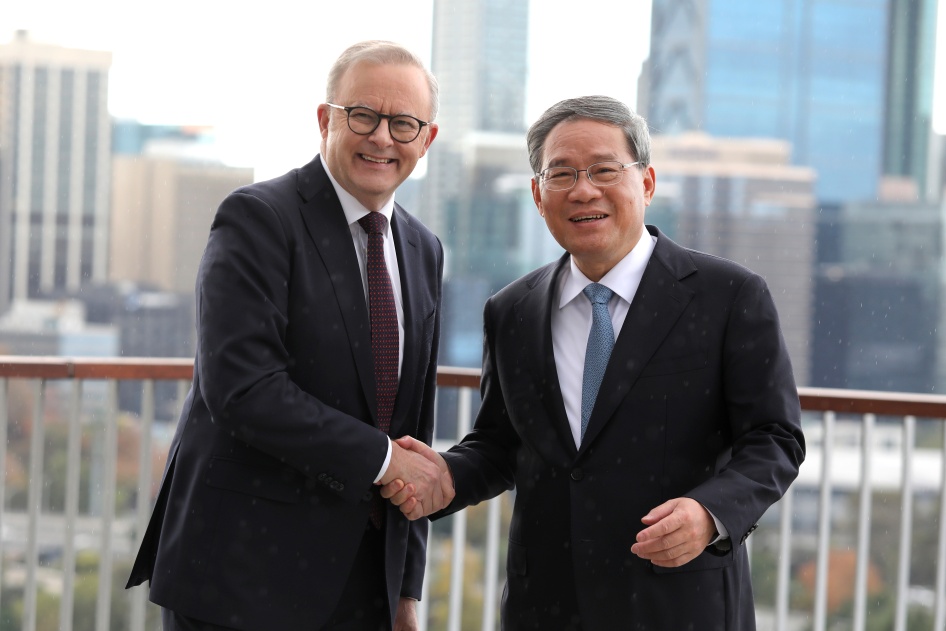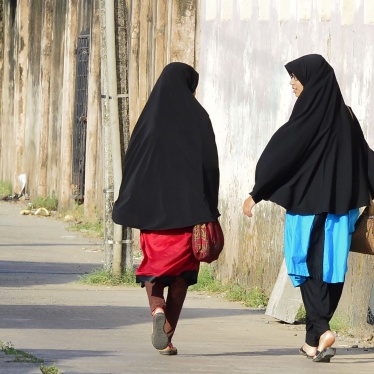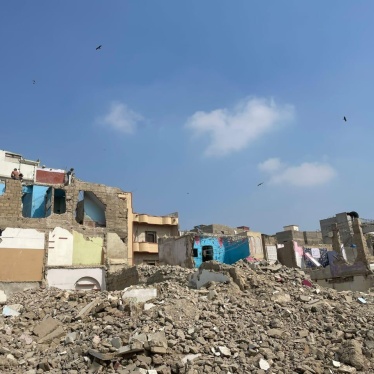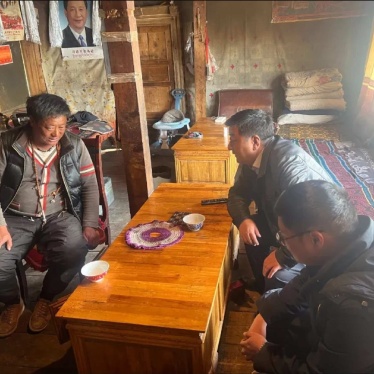Australian Prime Minister Anthony Albanese set the tone for Chinese Premier Li Qiang’s visit to Australia in a commentary in The Australian ahead of the trip. Glaringly absent was any mention of Tibet, Hong Kong, or Xinjiang, and China’s deepening and far-reaching repression under President Xi Jinping that will, if left unaddressed, have dire consequences for Australia and the stability of the region.
Albanese’s article, and in fact all the speeches and press conferences he made while the Premier was here, is consistent with the Labor Party’s stated approach on China, which is to “co-operate with China where we can, disagree where we must and engage in our national interest”. This has been code for suggesting pesky human rights issues are simply a disagreement and, as suggested by Albanese, “points of contention”. But they are not. Human rights are universal, a system of global rules and governance that promote and protect all of our fundamental rights and freedoms.
And the Chinese Government has made commitments to protect them; it has ratified or signed core international human rights treaties. People in China have never stopped advocating for these rights, even at great personal cost. Australia should not simply “agree to disagree” when violations as severe as crimes against humanity are being committed in Xinjiang.
Last week marked the five-year anniversary since the start of the millions-strong pro-democracy protests in Hong Kong. Since then, the authorities have imposed two draconian national security laws and crushed the city’s semi-democracy. Hong Kong authorities have arrested over 10,000 people for their involvement in the protests, prosecuted 2910 of them, and convicted 1475 people.
A mass trial in Hong Kong in May resulted in the baseless convictions of 14 prominent pro-democracy advocates under the national security law. One of them was an Australian national, Gordon Ng.
Another grim milestone this month is the 35th anniversary of the 1989 Tiananmen massacre when the People’s Liberation Army fired upon and killed untold numbers of peaceful protesters and bystanders. The Chinese Government has imprisoned those in China and Hong Kong who have sought to honour the memory of the victims while refusing to acknowledge responsibility for the mass killings or provide redress for victims and their families.
While the Australian Government has marked these developments with concern and dismay, and the Prime Minister and Foreign Minister have, on many occasions, condemned human rights abuses in Tibet and Xinjiang, the violations continue unabated. Hundreds of thousands of Uyghurs remain arbitrarily imprisoned as part of the Chinese Government’s crimes against humanity in Xinjiang. In Tibet, the Government continues to force Tibetans to assimilate.
Violations left unchecked embolden the abusers, and the long arm of the Chinese Government has grown longer. The Chinese Government intimidates those who do not follow the Communist Party line in universities, among students, and on social media. Recently it issued arrest warrants and bounties for two Australian residents.
At best, the Labor Party’s mantra on China is a throwback to Australia’s — and many Western governments’ — previous positions to prioritise trade over human rights in their relationships with China. After the Tiananmen Massacre, these governments’ excuses to resume business as usual with the abusive Chinese Government was that as China becomes richer, the Government will become more liberal. That clearly did not happen.
So now Western governments appear to be coming up with other excuses. They say they need “dialogues” and “cooperation” with the Chinese Government. But on whose terms? The failure to come out strong advocating for human rights values is a lost opportunity, particularly as Australia has leverage over the Chinese Government at the moment, as China struggles economically.
With Li Qiang’s visit to Australia, the Albanese Government should not only have directly raised concerns but it should have made it clear that action will be taken in response to Beijing’s abuses. Such serious violations of international law should have consequences.
At this current session of the UN Human Rights Council in Geneva which started on Tuesday, Australia should be leading action to hold China accountable for well-documented abuses, building cross-regional support for monitoring of abuses across the country, including in Xinjiang, where the UN itself has documented these grave abuses as possible crimes against humanity. Australia should also spearhead practical initiatives to help victims and family members to trace missing people, and they should engage in advocacy with other countries for their arbitrarily detained nationals to be released.
Ahead of Premier Li’s visit to Perth, Albanese said in this masthead: “China is Australia’s largest trading partner and three-quarters of Australia’s exports to China, come from here in WA”. A trade partner that does not respect the law, especially human rights law, is not dependable. Strengthening human rights is crucial for any strong, sustainable bilateral relationship, and one that truly benefits all in Australia, as well as the people in China.









